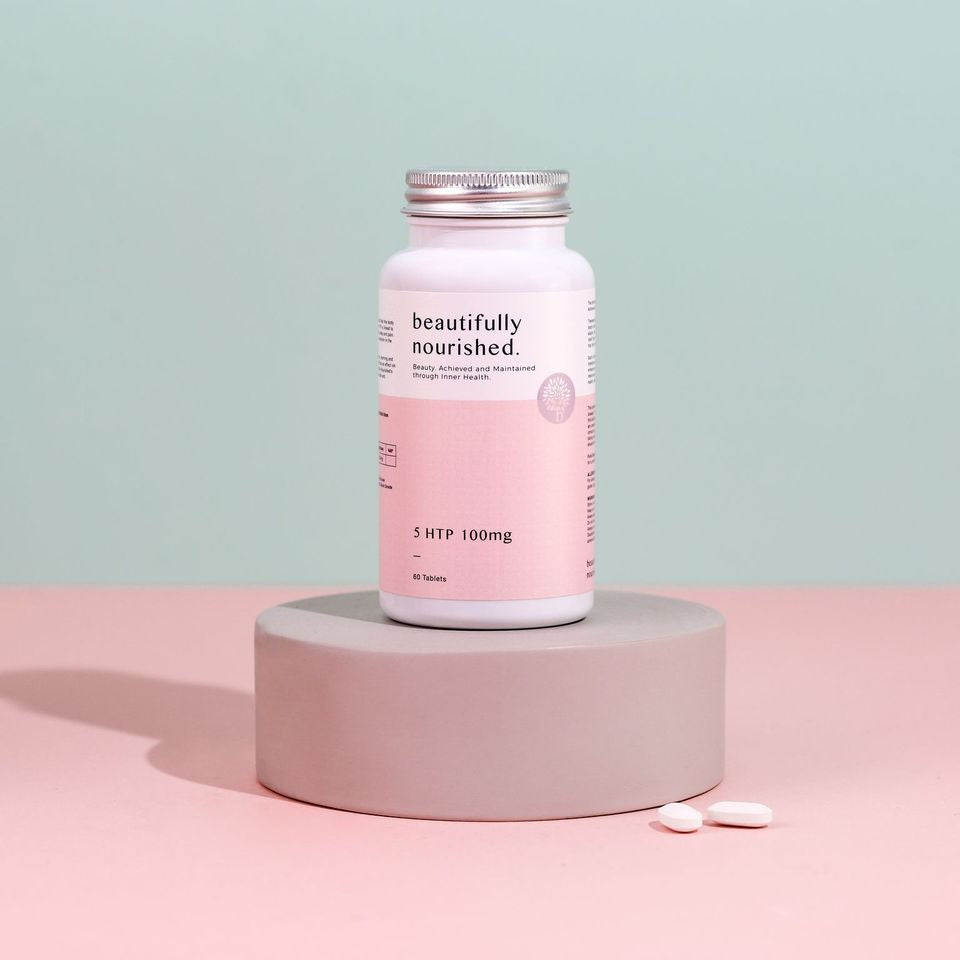
Is "Leaky Gut" the Root Cause of Your Health Problems? Leaky Gut Prevention and Repair
Our gut, also called the gastrointestinal tract, incorporates more than 4,000 square feet of gut lining - This intestinal epithelial controls what gets into our circulatory system. The job of our gut lining is essentially to let out nutrients while simultaneously preventing any toxins from the bloodstream enter into the bowel. When it is healthy and working well, it forms a tight barrier that controls what gets absorbed into the bloodstream. When this protective lining becomes unhealthy and sub optimal in it's functioning, it leaks due to holes or cracks that allow microorganisms, poisons, antigens, and somewhat undigested food to enter the tissues underneath it. This may trigger inflammation and changes to gut flora that could lead to problems within the digestive tract and beyond.
Leaky gut affects the whole body. From the mind to the skin, to the colon and even our joints. It can trigger irritation and gut micro-biome changes, prompting issues inside our stomach. Although leaky gut is not considered to be a medical condition, it can cause many other disorders including:
- allergies
- chronic fatigue syndrome
- depression
- fibromyalgia
- skin disorders
- HIV
- inflammatory bowel disease (IBD)
- irritable bowel syndrome (IBS)
- ulcerative colitis
- Crohn's disease
- multiple sclerosis
- rheumatoid arthritis
- type 1 diabetes
What are the Symptoms of a Leaky Gut?
Chronic diarrhoea, constipation, or bloating, nutritional deficiencies, fatigue, headaches, confusion, difficulty concentrating, skin problems, such as acne, rashes, or eczema and joint pain are all common symptoms exhibited by those experiencing leaky gut syndrome.
What Causes Leaky Gut?
1. Alcohol, aspirin and non-steroidal anti-inflammatory drugs (NSAIDs) such as ibuprofen are well-known irritants of the bowel lining. They can damage the seals between cells, allowing some substances to pass through the gaps and into the bloodstream (nhs.co.uk).
2. Leaky gut may also result from conditions such as:
- Celiac disease can cause stomach torment, loose bowels or constipation, weariness, sickness and retching, swelling and gas, and weight changes.
- IBD can cause stomach torment, diarrhoea, weight reduction, exhaustion, fever, and fatty stools.
- IBS can cause stomach torment, swelling, squeezing, constipation or diarrhoea, bodily fluid in stools, and abundance gas.
3. A lack of nutrients and over consumption of high sugar, processed diets also creates a weaker gut lining.
At present, there are no approved treatments accessible for leaky gut outside of diet and lifestyle management. The treatment suggestions will be centred around the hidden condition diagnosed, which may incorporate the leaky gut as a side effect. For instance:
If you have been diagnosed with celiac illness, following a strict sans gluten diet may help recuperate the gut and help to manage the disease. Following Dr guidelines is crucial.
Sufferers of IBD will likely know their triggers. Nutrients such as iron, calcium, and Vitamin D may help the coating of your gut to recuperate.
Those diagnosed with IBS may be prescribed with anticholinergic drugs, tricyclic antidepressants, SSRIs, antidepressants, anti-infection agents, pain relievers, or medications explicitly for IBS, helping to diminish manifested side effects.
How to Prevent and Restore Leaky Gut?
The primary care a physician is likely prescribe for leaky gut often involves changing the eating regimen to eliminate incendiary food sources that can affect gut vegetation. These include:
- prepared food sources
- high-fat food sources
- high-sugar food sources
- food sources that may trigger hypersensitivities or sensitivities, for example, gluten or dairy
- alcohol
They may likewise suggest a low FODMAP (Fermentable Oligosaccharides, Disaccharides, Monosaccharides, and Polyols) diet. This eating regimen is regularly recommended for individuals with IBS, yet it might help mitigate and relieve leaky gut symptoms.
Those suffering with leaky gut syndrome are encouraged to add food sources that contain pro and pre-biotics to their diet. Probiotics and prebiotics can help advance microbes in your gut. Sources include:
- kefir
- kimchi
- bananas
- berries
- probiotic yoghurt
- Beautifully Nourished's Fibre Pro
Tips for Preventing Leaky Gut
Making self-care strides that advance by and large stomach related wellbeing is an ideal approach to shield from the leaky gut.
- Increase high-fibre food sources in the diet. The solvent fibre found in vegetables and organic product upholds the gut's friendly microorganisms.
- Reducing Nonsteroidal anti-inflammatory drugs (NSAIDs), such as aspirin, ibuprofen, and naproxen can cause an increase in intestinal permeability.
- The beneficial bacteria of probiotics are considered helpful for many gastrointestinal conditions.
- Gut bacteria can be harmed by chronic stress, so reducing stress can help improve gut health.
- Overindulging in alcohol also increases intestinal permeability so avoiding it can improve the symptoms.
- Quitting Tobacco decreases digestive tract inflammation. Too much tobacco intake is a risk factor for several bowel conditions.
Key Takeaways
Leaky gut or increased intestinal permeability — is generally recognised as a symptom, not a condition in general medicine. The healing time depends on the underlying condition, such as IBS or IBD, and the time it takes you and the doctor to identify how to bring the condition under control. The above tips are a great place to start.







Leave a comment
This site is protected by hCaptcha and the hCaptcha Privacy Policy and Terms of Service apply.